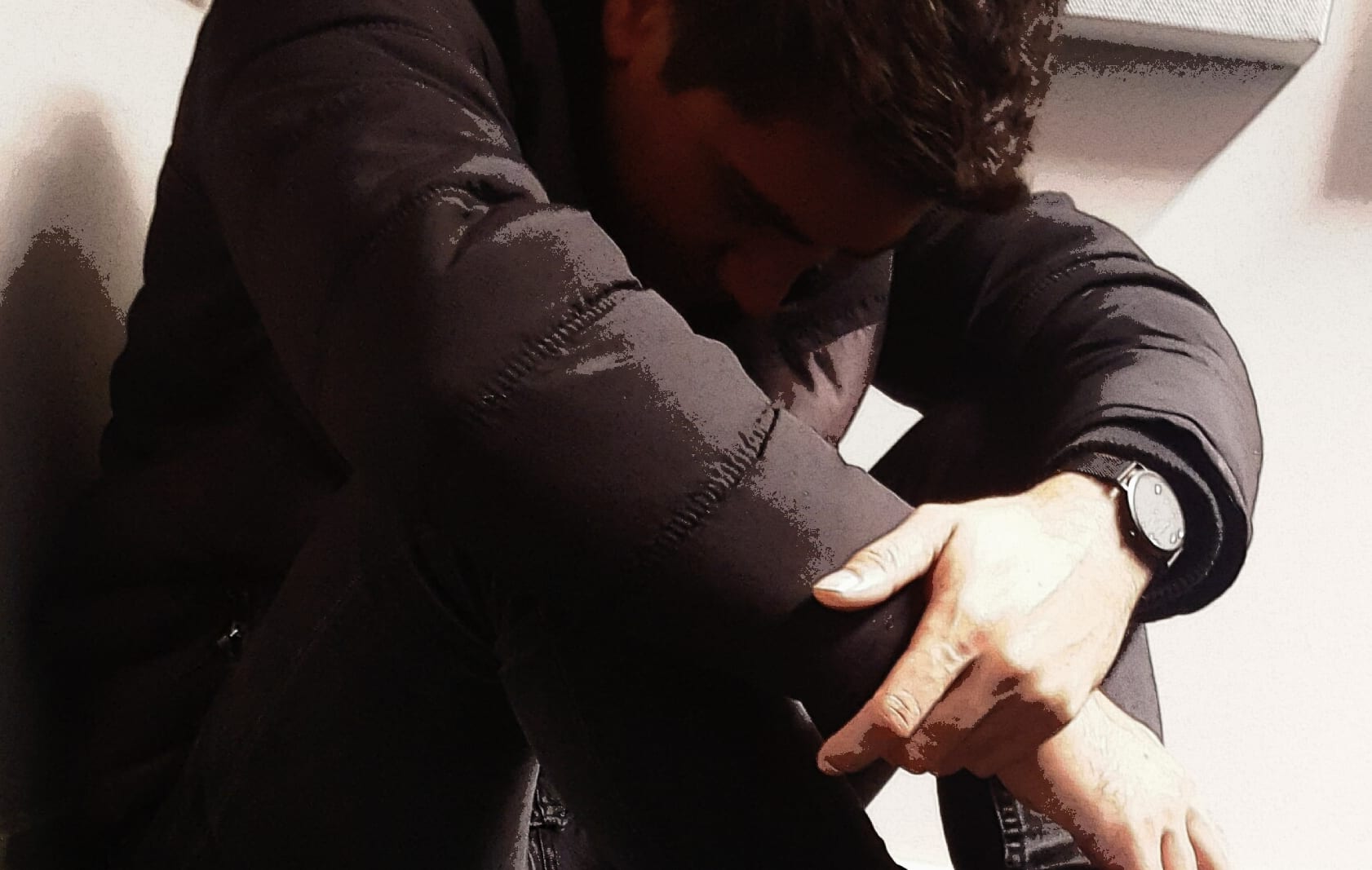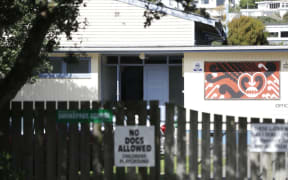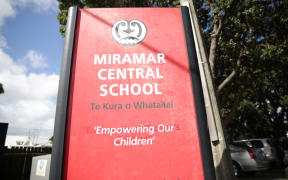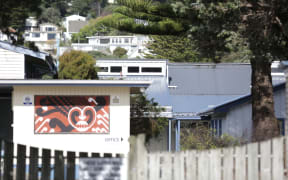Advocates for autistic children fear some schools may still be using seclusion rooms despite them being outlawed earlier this year.

Advocates say the issue had highlighted a lack of training for teachers about autism. (File photo) Photo: RNZ
Miramar Central School in Wellington has been told to apologise and pay $3000 to the parents of an 11-year-old boy who was locked in a room multiple times as punishment in 2016.
Chief Ombudsman Peter Boshier found the school acted unreasonably and oppressively.
In his report, Judge Boshier described how on one occasion the autistic boy was found crying and pleading to be let out.
He praised the family for complaining about their son's treatment and helping bring about a law change.
But Autism New Zealand head Dane Dougan was cautious about how much real change there had been in schools and suspected seclusion rooms were still being used.
"I think it's difficult to suggest there's been a change in law and then they just stopped.
"I don't know for sure, and I'm not saying I do know, but what I am saying is I think we need to continue to work because no one knew how often these rooms were being used anyway prior to the change in law.
"I'd like to think they've all stopped, but I still think there still needs to be some education on the best way to interact with kids with autism in a schooling environment."
Mr Dougan said the issue had highlighted a lack of training for teachers about autism.
Ngaire Mansfield's son Baxter used to go to Miramar Central School, but she and her husband pulled him out when they discovered he had been put in the seclusion room at least once.
She had no idea what was going on.
Mrs Mansfield said schools needed a lot more help and money to be able to cope with special needs children.
"Schools do need a lot more support and funding, there's a huge funding issue there.
"I see my son has a fairly high amount of funding attached to him, it still doesn't go the distance and there are a lot of extras that schools need to put in out of their own budget. So there's a lot of facets to this issue that need to be resolved and funding is a key one."
Mrs Mansfield said it was hard to say what effect being put in the seclusion room had on her son, as he did not talk.
Miramar Central would not be interviewed on the issue, but in a statement the Board of Trustees said it was good to have a resolution to the complaint.
Judge Boshier said three different groups shared responsibility for what happened.
"I'm talking about professional teaching staff, I'm talking about the Board of Trustees, and I'm talking about the Ministry of Education.
"All played their part in this not being a happy situation at all, and all must take responsibility."
He said the Ministry of Education had not provided enough clear guidance on the use of seclusion.
In response the Ministry's deputy secretary Katrina Casey said it had since introduced statutory guidelines to align with the new legislation.
"We accept the Ombudsman's finding that we should have provided schools with clearer guidance about seclusion practices earlier than we did.
"Schools are now in no doubt as to our expectations and their legal obligations however."
Miramar Central said it will be meeting soon to discuss the ombudsman's instruction to apologise and pay $3000 to the complainants.




